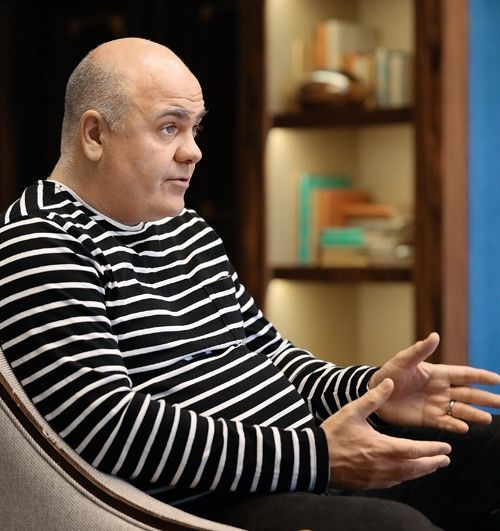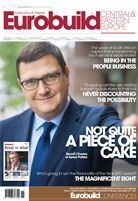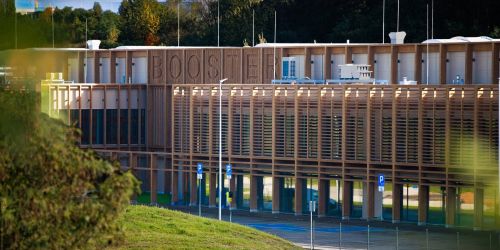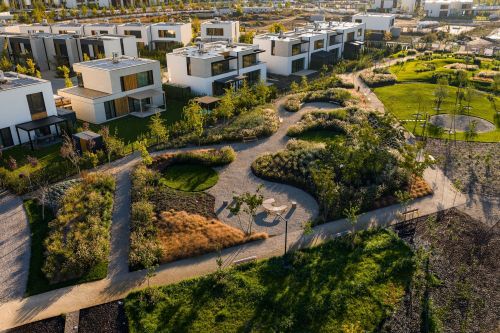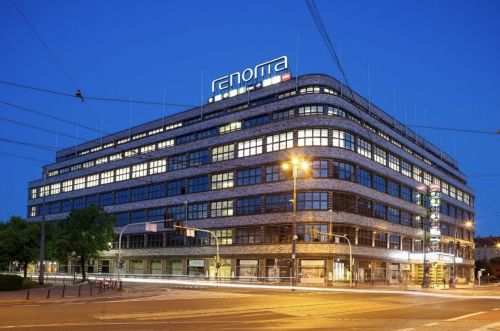Alex Hayes, ‘Eurobuild CEE’: So how are you today?
Andrew Joseph König, CEO, Redefine Properties: Very good; we’ve had a busy week.
Tell me about it.
Well, we’ve been to a number of cities. We went down to Kraków, Katowice, Szczecin and Wroclaw. Well we’ve been all over the shop. And even here in Warsaw we’ve spent a bit of time too. Poland’s a fabulous place to visit. I think the people here are wonderful. The positive enthusiasm and the energy of Polish people is fantastic. You know, back home people are quite tough on the country from a political point of view – and from an economic point of view things there are difficult. But here it’s the exact opposite. Everything’s looking positive and people are looking forwards not backwards. It’s a very different mindset.
What is it that makes you want to invest here in Poland?
A number of factors. Firstly, we’ve got very good partners – with inter
